
How comfortable are your students with AI and VR?
To train tomorrow’s workforce, higher education institutions must assess students’ technological familiarity, their readiness to engage with advanced tools and their purposes for using them. Here are two ways to gather data
You may also like
Popular resources
The workplace of the near future might see safety trainers using virtual reality (VR) for hazard-recognition exercises, medical professionals employing AI-assisted diagnostic tools or warehouse operations managers coordinating fleets of autonomous robots. Advanced technologies will soon be integral to the way we work.
To prepare for this shift, higher education institutions must assess students’ technological familiarity, their readiness to engage with these tools and their purposes for using them. Surveys and user experience can offer insights that will guide the design of instructional environments and inform decisions regarding investments in technological infrastructure, facilities and human resources.
Use surveys to assess competencies and determine needs
Surveys that gather data from students and instructors can provide a broad understanding of students’ technological competencies and highlight areas that need attention. But who asks what of whom, and when?
When surveys are conducted at the institutional level – by, for example, a research centre that reports directly to the provost’s office – these should focus on technologies that will impact everyone, such as generative AI, VR and augmented reality (AR). The survey could include items that explore students’ access to and use of these technologies, their familiarity with features (such as the capacity to build an avatar or teleport within a virtual space) and their confidence in using these features. It should also examine whether and how students use these technologies for learning.
- Campus podcast: university success stories in managing AI and building digital capacity
- Resource with insight into GenAI’s potential impact on higher education
- What does it mean for students to be AI-ready?
These questions can be adjusted for department-specific surveys to focus on particular tools or programmes relevant to the field, such as Unity for VR environment development, Python or Matlab for data analytics and AI-based models.
Instructors have the expertise to curate and integrate the most relevant and cutting-edge technologies into their curricula, so they play a crucial role in the assessment process. However, it is departments that should develop surveys for instructors to gather their observations and predictions regarding students’ readiness to deploy emerging technologies and the need to tailor these tools for specific purposes.
These instructor surveys should be conducted at the end of each semester to collect data that will inform instructional settings for the following semester. This data can guide decisions such as IT investments in specific tools, curriculum updates and departmental resource allocation planning.
Brief user experience sessions
Unlike surveys that reveal general trends across large groups, brief user experience sessions provide more profound, nuanced insights. These targeted, hands-on sessions allow participants to directly engage with specific technologies, performing tasks within a defined time frame. These sessions generate rich data, including task completion times, methods and strategies used, quality of outcomes, and data from follow-up surveys or interviews focusing on students’ experiences. These sessions, conducted at the department or college level, enhance understanding of students’ interactions with emerging technologies. They offer detailed insights into how these tools function in real-world applications, identifying specific needs, pain points and opportunities for implementing these technologies in academic and professional settings.
Conducting these sessions before investing in new technologies and after students have had experience with them is highly beneficial. This dual approach allows for observing and understanding user experiences and reflections on new technologies, which helps identify areas for improvement. It provides a hands-on perspective that surveys alone may not capture, ensuring that integrating new tools into educational practices is as effective as possible.
Make technologies available
Making advanced technologies accessible is crucial for enhancing students’ skills effectively in professional environments. Our research at Georgia Tech’s Center for 21st Century Universities focused on VR and AR readiness among students, and instructors have revealed the significant impact of students’ familiarity with VR devices on their confidence and perceived importance of these technologies.
This underscores the importance of institutions making VR headsets and related equipment readily available. A starting point could be implementing a programme to lend VR equipment for students’ personal use. Additionally, offering more courses and workshops where students engage in VR content creation and practical applications will help them grasp the potential of these technologies in educational and professional contexts, fostering positive expectations and enhancing their skills through collaborative learning experiences.
By employing comprehensive surveys and hands-on user experience sessions, institutions can gain valuable insights into students’ technological readiness. These data-driven approaches will enable educational leaders to make well-informed decisions on curriculum design, technology investments and resource distribution, effectively equipping the future workforce.
Meryem Yilmaz Soylu is research scientist in the Center for 21st Century Universities at Georgia Tech.
If you would like advice and insight from academics and university staff delivered direct to your inbox each week, sign up for the Campus newsletter.
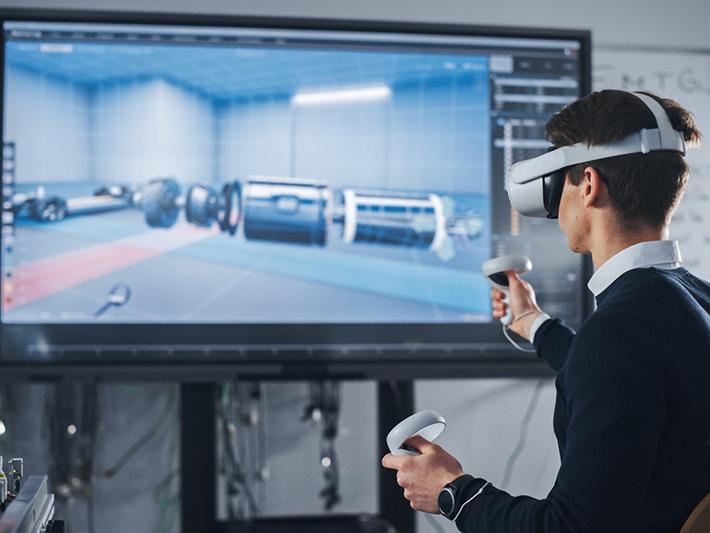
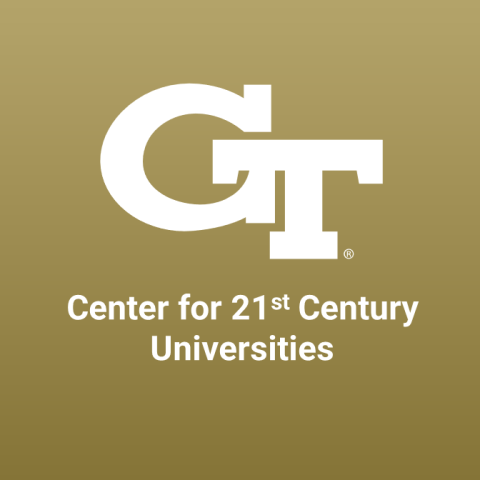
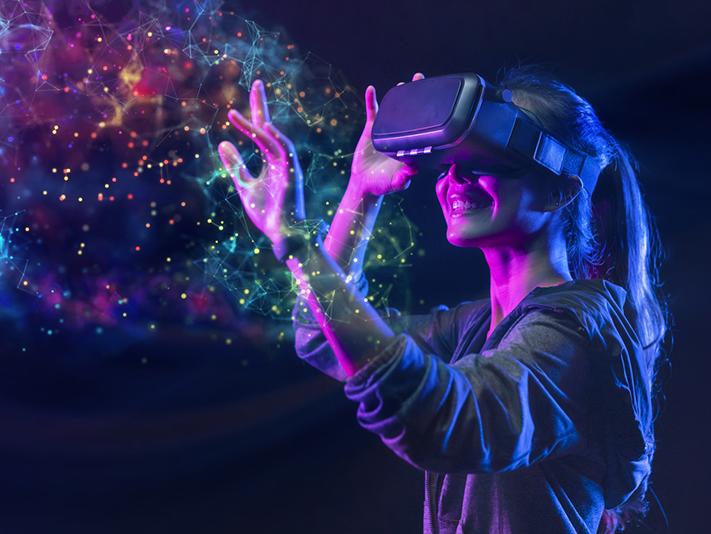
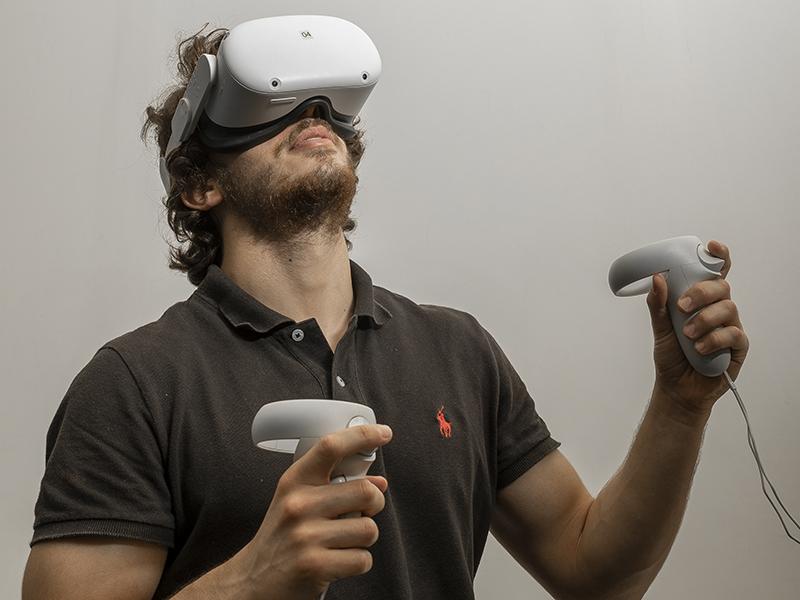
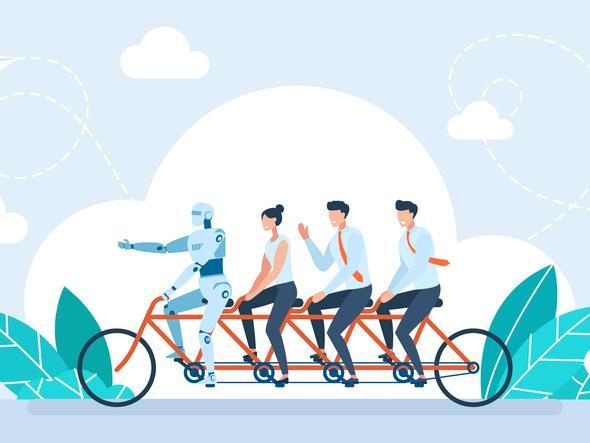
Comments (0)
or in order to add a comment